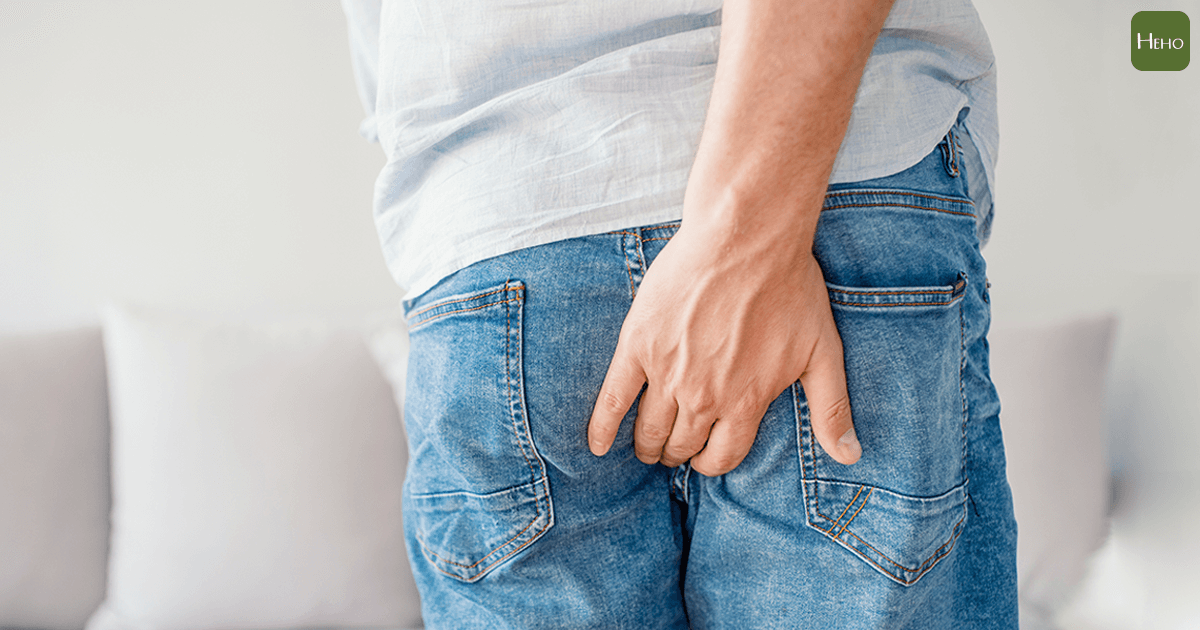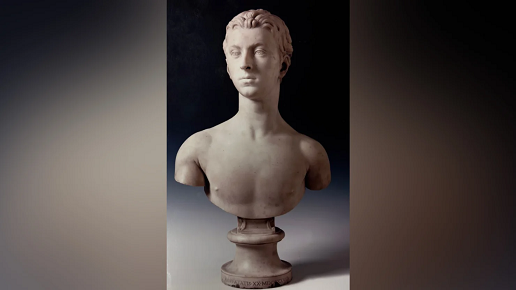Anal fistula is a common but easily overlooked anal disease. Many people, including celebrities like Kang Kang and Chiu Chung-Heng, have suffered from the pain caused by anal fistulas. The formation of an anal fistula usually results from an inadequately treated anal abscess. These abscesses are mainly caused by bacterial infections, with common symptoms including redness, swelling, and pain around the anus, sometimes accompanied by fever. If the abscess is not promptly drained or treated, it may eventually develop into an anal fistula.
Men are more likely to develop anal fistulas, especially those who sit for prolonged periods, suffer from constipation, stay up late, smoke, or have a history of chronic illness. These are all risk factors for anal fistulas. In the early stages, the fistula often appears as an abscess, and if not treated in time, the abscess may rupture, forming a tunnel, leading to discharge and persistent inflammation around the anus. If you notice any discomfort, seek medical attention early. (Image / Courtesy of Heho Health)
If you notice any discomfort, seek medical attention early. (Image / Courtesy of Heho Health)
If left untreated, an anal fistula can repeatedly become infected, leading to chronic inflammation and increasing the risk of cancerous changes. The primary treatment method is surgery, with common procedures including fistulotomy and fistulectomy. The appropriate surgical approach is chosen based on the complexity of the fistula. Recurrence after surgery may be due to bacterial infection, incomplete surgery, or failure to follow up in time. Prolonged sitting is also a risk factor for developing anal fistula. (Image / Courtesy of Heho Health)
Prolonged sitting is also a risk factor for developing anal fistula. (Image / Courtesy of Heho Health)
To prevent the occurrence of anal fistulas, it is essential to maintain good personal hygiene habits, follow a proper diet, and regulate bowel movements. Avoid prolonged sitting and unhealthy lifestyle habits. If you experience redness, swelling, pain, or discharge around the anus, seek medical attention immediately to prevent the condition from worsening. Early detection and treatment are key to avoiding more severe consequences caused by anal fistulas.







